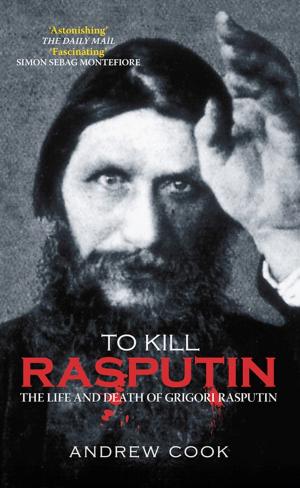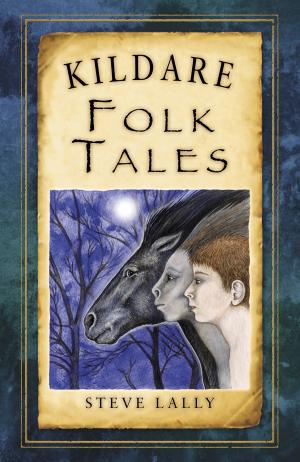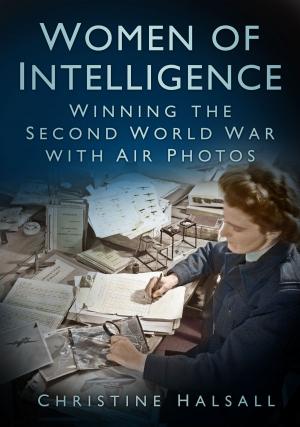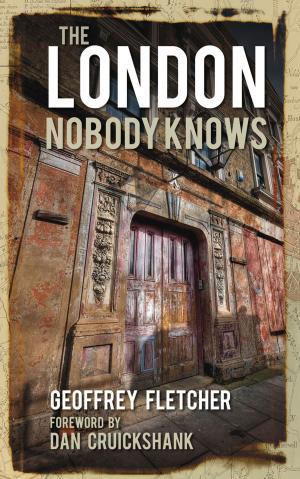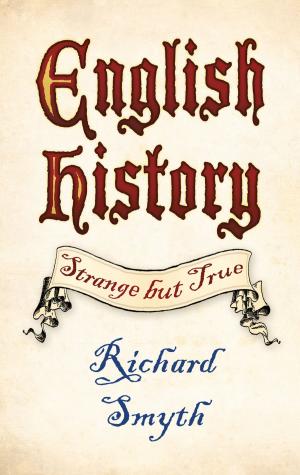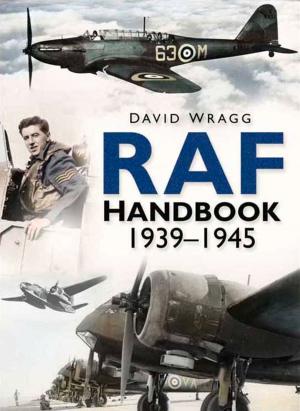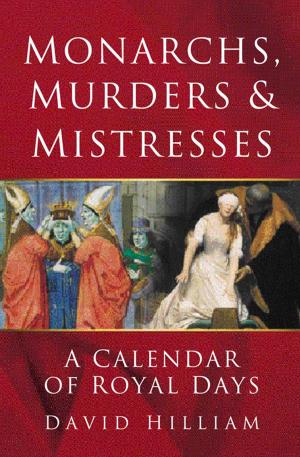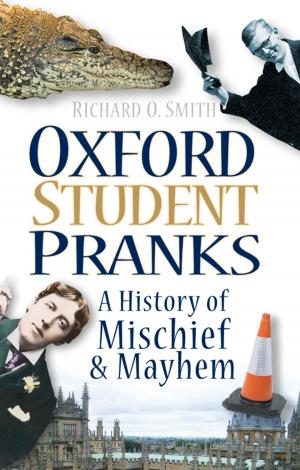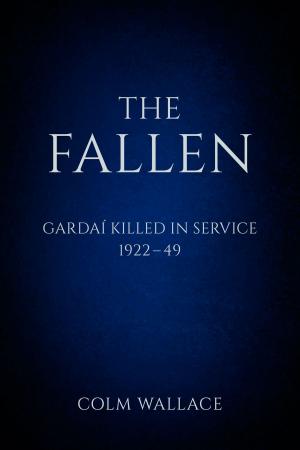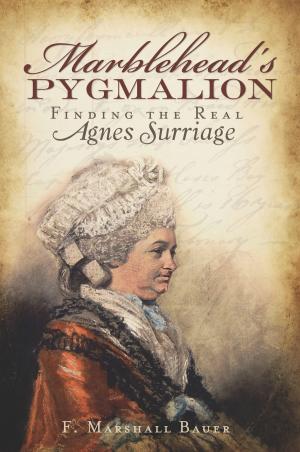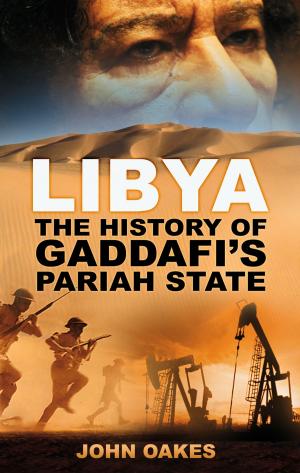| Author: | Pier Paolo Battistelli | ISBN: | 9780752478159 |
| Publisher: | The History Press | Publication: | November 30, 2011 |
| Imprint: | The History Press | Language: | English |
| Author: | Pier Paolo Battistelli |
| ISBN: | 9780752478159 |
| Publisher: | The History Press |
| Publication: | November 30, 2011 |
| Imprint: | The History Press |
| Language: | English |
The tale of one of the longest-running sieges in British military history, and a potent symbol of resistance The siege of Tobruk lasted 240 days during which the "gallant garrison" of Allied soldiers, primarily the Australian 9th Division, held out against constant attacks from Rommel's Afrika Korps. The battle became a potent symbol of British resistance. However, Tobruk's importance was far beyond that of a mere symbol in the war, it was a key fortress and port that enabled the resupply of troops throughout the Western Desert theater. Indeed, Goebbels was so infuriated by the British stand that he referred to the garrison troops as "rats" and the "Rats of Tobruk" became known for their tenacity. When the fortress finally fell to German tanks on June 21, 1942, with the loss of 25,000 men, Churchill said it was "one of the heaviest blows I can recall during the war."
The tale of one of the longest-running sieges in British military history, and a potent symbol of resistance The siege of Tobruk lasted 240 days during which the "gallant garrison" of Allied soldiers, primarily the Australian 9th Division, held out against constant attacks from Rommel's Afrika Korps. The battle became a potent symbol of British resistance. However, Tobruk's importance was far beyond that of a mere symbol in the war, it was a key fortress and port that enabled the resupply of troops throughout the Western Desert theater. Indeed, Goebbels was so infuriated by the British stand that he referred to the garrison troops as "rats" and the "Rats of Tobruk" became known for their tenacity. When the fortress finally fell to German tanks on June 21, 1942, with the loss of 25,000 men, Churchill said it was "one of the heaviest blows I can recall during the war."

